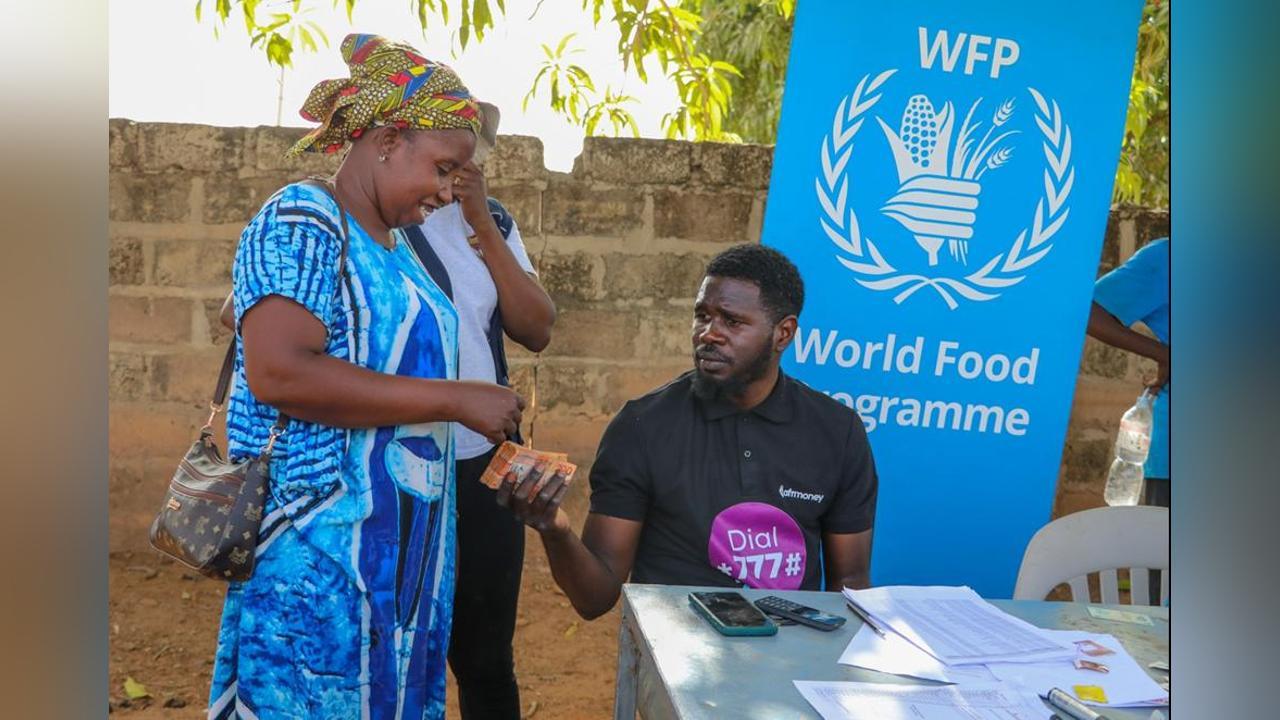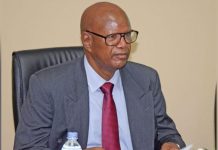Africa-Press – Gambia. In a significant step towards bolstering food security and resilience in flood-affected regions, WFP and its partners recently launched an unconditional relief food assistance programme targeting vulnerable women farmers in the Central River Region South (CRR S), and Central River Region North (CRR N).
The initiative is a collaborative effort between the World Food Programme (WFP), the National Disaster Management Agency (NDMA), and the National Nutrition Agency (NaNA).
The intervention, funded through the support of the JAWFP will provide crucial cash transfers to over 5,000 vulnerable women farmers who have been disproportionately impacted by recent flooding.
This assistance aims to address their immediate food and nutritional needs during the upcoming rainy season, which is predicted to bring further climate variability.
The project, titled “Enhancing Food Security and Resilience of Vulnerable Women Farmers in The Gambia”, had a six-month duration, from June 2024 to March 2025. It aligns with Sustainable Development Goals (SDGs) 2.
Speaking at the launching in Pacharr, representatives from WFP, NDMA, and NaNA highlighted the importance of supporting women farmers, who constitute a significant portion of the agricultural workforce in The Gambia. They emphasised that these women are often the first and hardest hit by climate shocks like flooding, impacting their livelihoods and household food security.
The cash transfer modality will empower the beneficiaries with the flexibility to purchase essential food items based on their specific needs. This approach also supports local markets and contributes to the broader economic recovery of the affected communities.
Beyond immediate food assistance, the project incorporates crucial components aimed at long-term resilience.
Beneficiaries participate in Social and Behavioural Change Communication (SBCC) activities to promote optimal feeding and care practices, particularly for infants and young children, thereby addressing the high prevalence of malnutrition in the country.
Furthermore, recognising the importance of financial empowerment, the initiative provided financial literacy training to 500 selected women farmers. This training, facilitated by a contracted Financial Service Provider, Afrimoney, equipped them with essential skills in managing personal finances, including digital financial transactions, savings, and potentially accessing loans for agricultural inputs and equipment in the future. Two women from each community were trained as local champions to support their peers on the Afrimoney platform.
The project’s objectives directly address the alarming food security situation in The Gambia, where a significant portion of the population faces food insecurity and vulnerability to climate shocks. The 2023 Cadre Harmonisé analysis projected that over 226,000 people could face crisis or emergency levels of food insecurity during the lean season (June-August 2024) without intervention. High food prices and loss of income, as highlighted by the 2023 National Food Security Survey, further exacerbate the vulnerability of households.
For More News And Analysis About Gambia Follow Africa-Press






